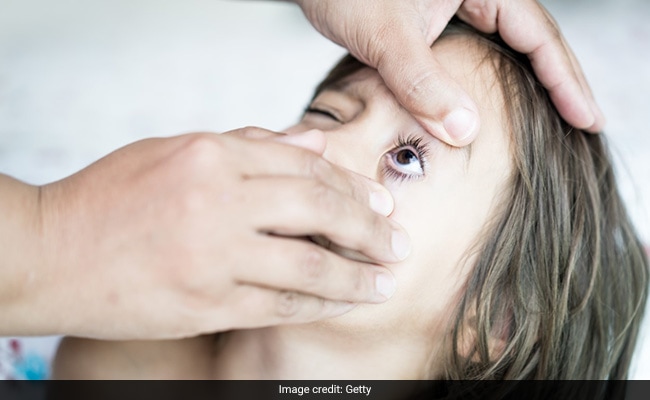Infection
Conjunctivitis Cases On Rise In Schools: 5 Expert Tips To Protect Your Child From Eye Infection
Conjunctivitis is highly contagious and affects people of all ages
Conjunctivitis, also known as pink eye is an inflammation of the conjunctiva (it is the thin clear membrane covering the white part of the eye and inside of the eyelids). Conjunctivitis is highly contagious and affects people of all ages. However, children get it more often. Delhi and nearby areas are witnessing a surge in conjunctivitis cases recently. Heavy rainfall and water clogging have triggered the spread of the infection. School students are also struggling with the infection these days. The Delhi government has also issued an advisory for all private and government schools to follow measures that can help control the spread of conjunctivitis. Several districts in Arunachal Pradesh have also temporarily suspended schools. Therefore, it is of utmost importance to keep yourself and your children safe during this monsoon. In this article, let’s talk about steps that can particularly help keep kids safe.
Protect your kids from conjunctivitis with these steps
Dr. Shibal Bhartiya, Senior Eye Surgeon at Fortis Memorial Research Institute, Gurgaon shared some insights, let’s take a look at these:
1. Promote hand hygiene:
- Give hand sanitiser to your children before leaving for school
- Educate children about proper handwashing techniques with soap and water
- Tell children not to touch their faces, especially, the eyes without washing hands thoroughly
2. Avoid sharing personal items:
- Both teachers and parents should encourage students not to share personal items like napkins
- For teenagers, it is wise to avoid eye makeup and not share makeup products and brushes that may come into contact with the eyes
3. Avoid the use of contact lenses

Conjunctivitis is the most common type of eye infection
Photo Credit: iStock
4. Do not go to swimming pools and crowded areas.
5. Monitor and isolate affected individuals
Note: It is crucial to identify symptoms of conjunctivitis promptly. Do not send the child to school with a red eye. In case, you notice other children with red eyes, inform their parents.
Disclaimer: This content including advice provides generic information only. It is in no way a substitute for a qualified medical opinion. Always consult a specialist or your own doctor for more information. NDTV does not claim responsibility for this information.

